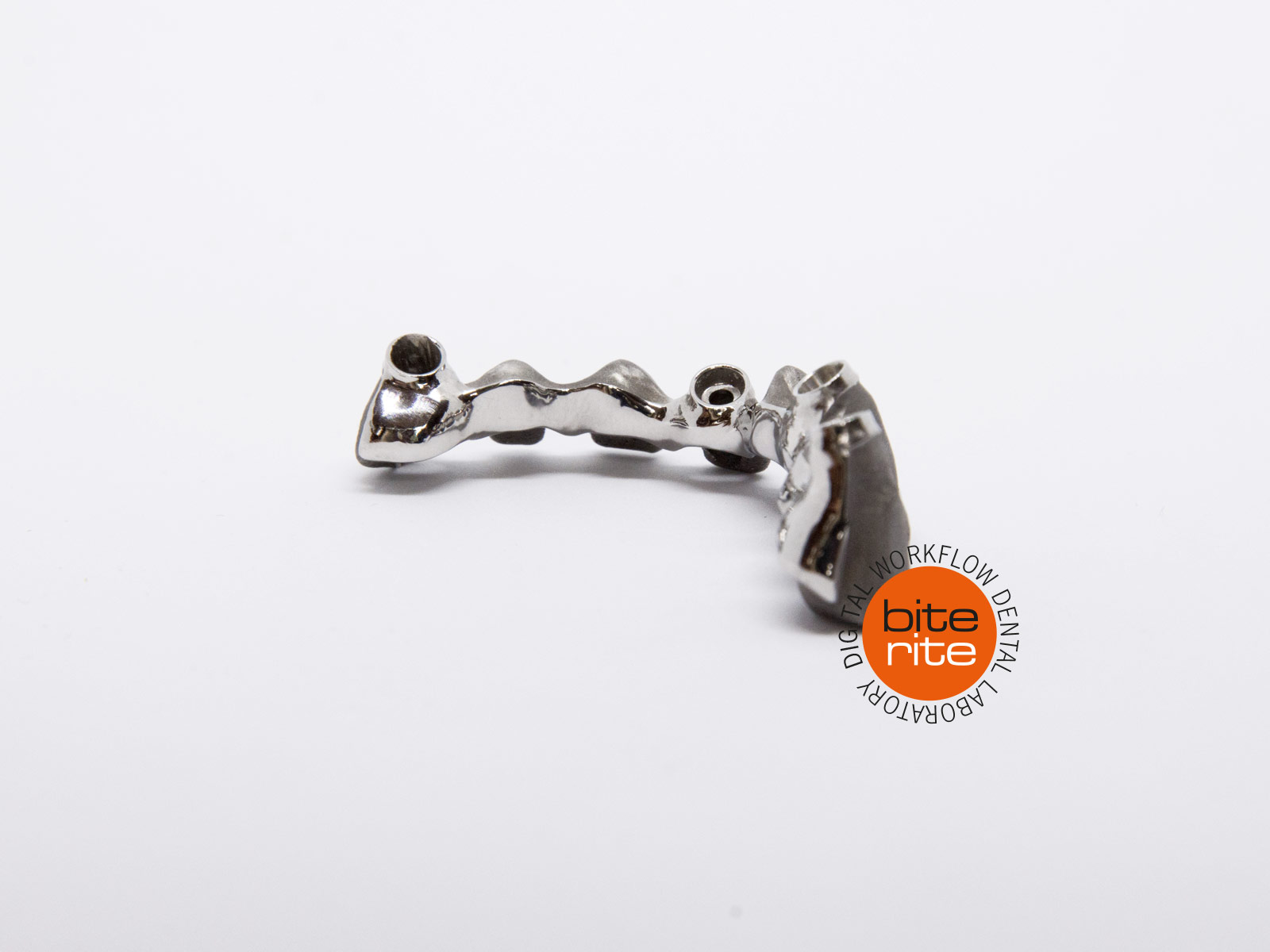 Combine more cosmetic dentistry awareness with increased media attention, and we find clinicians treating and managing many requests for personal image enhancement.
Combine more cosmetic dentistry awareness with increased media attention, and we find clinicians treating and managing many requests for personal image enhancement.
Previously, patients wouldn’t ask for the treatments, or maybe even the requests were ignored. To some patients today aesthetics are of such importance that —even if clinically unnecessary— these procedures can no longer simply be classified as elective.
The dental profession generally concedes that in many cases aesthetic dentistry can be necessary dentistry, and this raises the question: What ethical issues does this cause the clinician to consider?
If the primary reason for treatment becomes selling aesthetic dentistry rather than healthcare, clinicians could be treading a slippery slope.
Elective treatment is, definitely, an ethical component of today’s clinical treatment but securing appropriate informed consent is crucial to the process.
As dental professionals we must be honest and acknowledge that there some dentists willing to place well-being secondary to financial gain. There can be no question that is unethical.
However, there is a fine line between the commercial and the caring spheres; a private practice is a business, nonetheless.
Simultaneously there is a moral obligation to improve the patient’s health and the duty to not cause injury while doing so.
At its most simplistic, ethics is the knowing right from wrong.
The dilemma for many dentists —in particular those trained primarily in function and occlusion— is whether or not to accept the patient’s demand for an attractive porcelain laminate, and an all-ceramic crown, when those same clinicians know that a longer life can be obtained from other restorations
I feel this is the crux of the new debate over ethics and in aesthetic and general dentistry.
As ever, I encourage comment and discussion on the subject. Feel free to leave a comment on this blog, or if you’d like to discuss further, I can be found on my social media outlets:
Image courtesy: JSCreations




